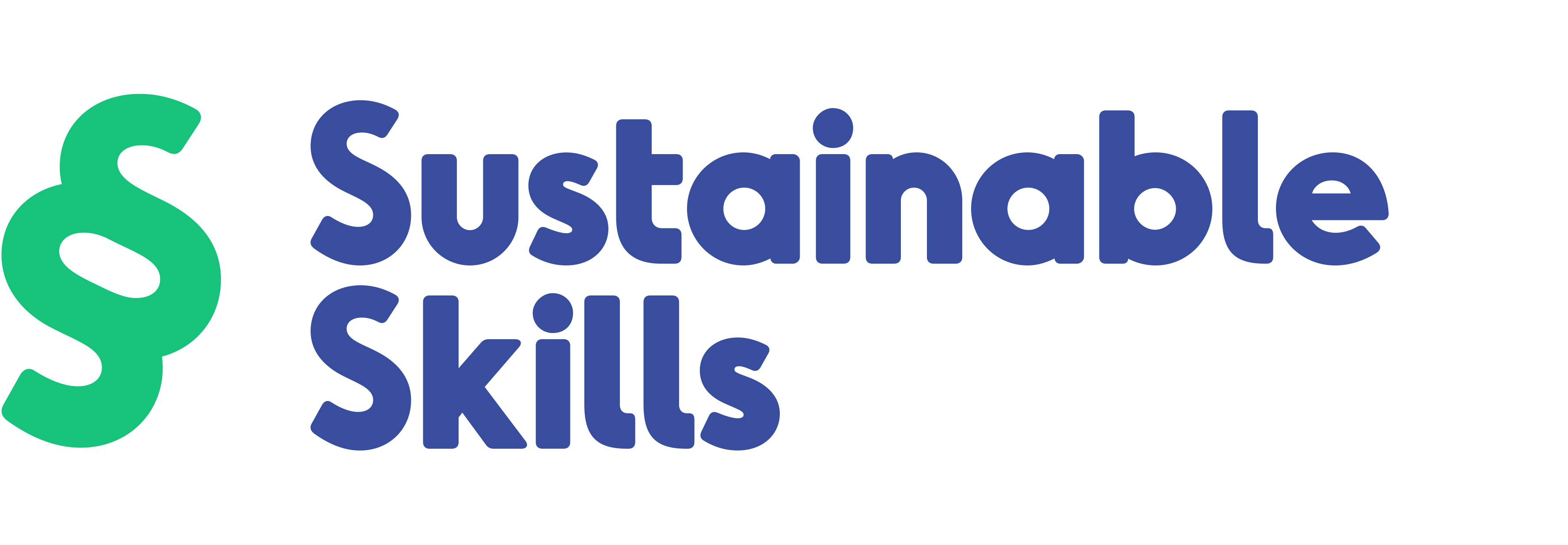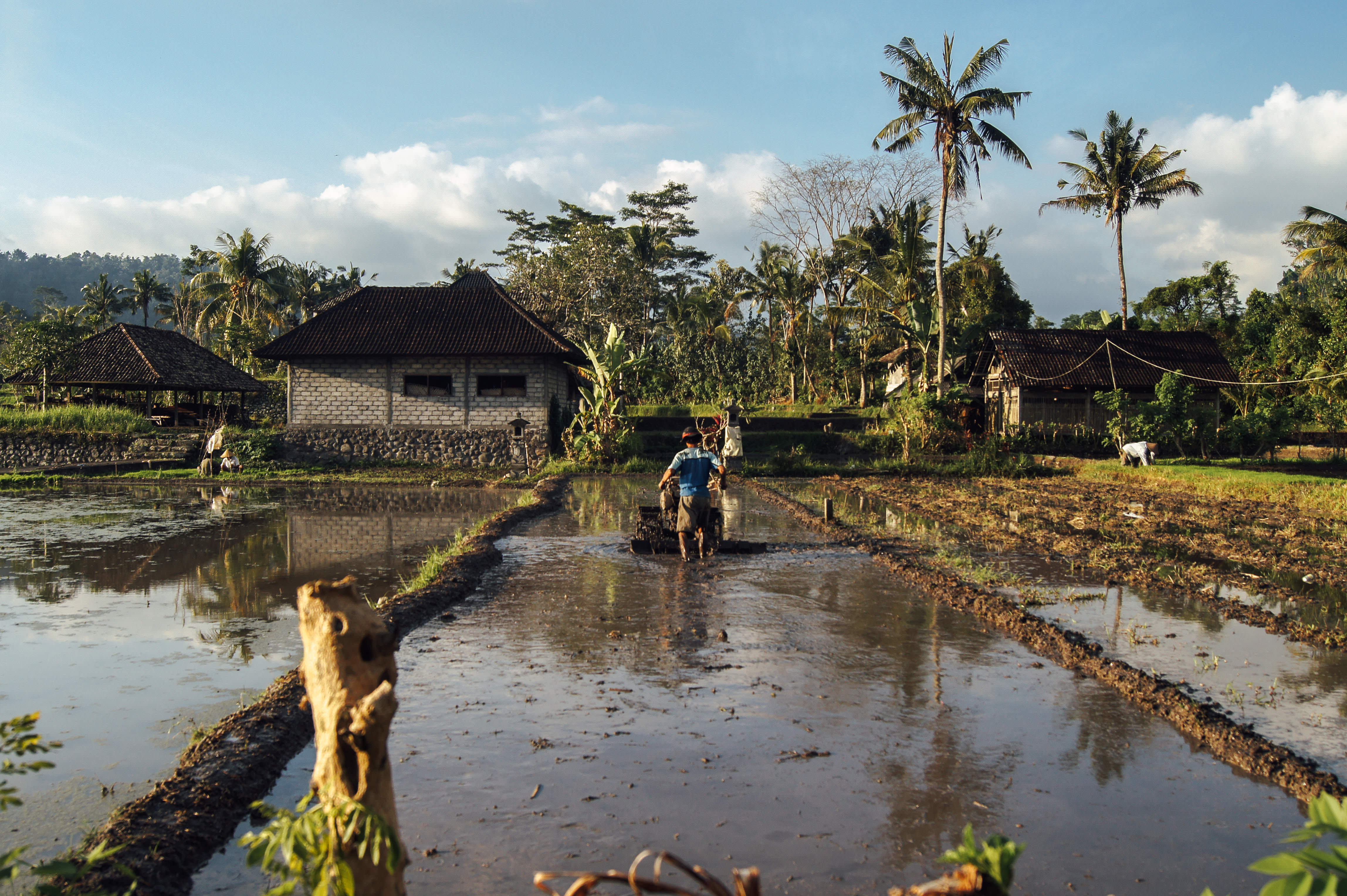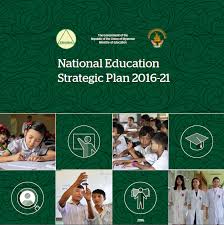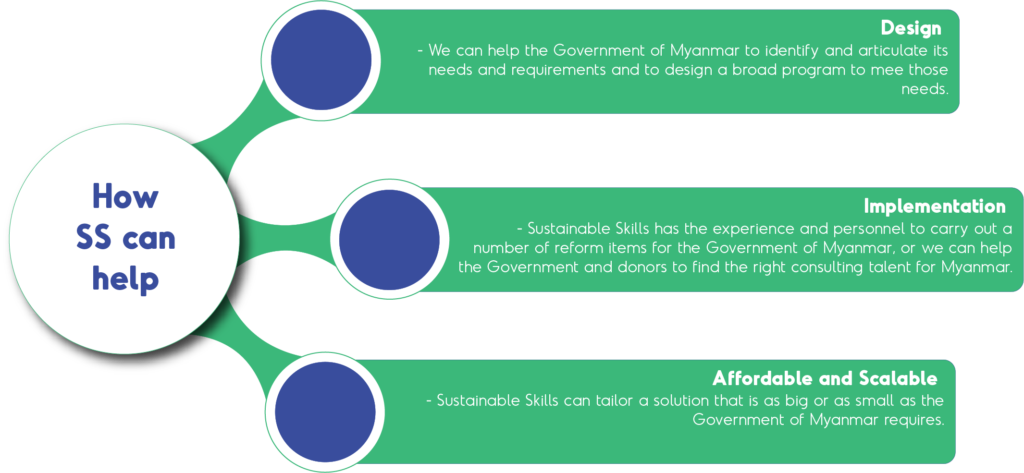Welcome to the June edition of our Sustainable Skills newsletter!
The transition from SkillsDMC to Sustainable Skills is now officially completed. I believe it is worth retracing the pathway that our organisation has followed since the end of 2016, when SkillsDMC fifteen years’ experience as the Skills Service Organisation for the Resources and Infrastructure Industries, responsible for the development and maintenance of the RII Training Package, officially came to an end.
As a result, we have undertaken an important transition with the aim to enhance our consultancy experience building effective TVET systems worldwide, applying our proven methodology across a broader range of industrial sectors. The global consultancy activity was introduced over five years ago as a new focus to broaden and grow the SkillsDMC business. Since then, our TVET experts have helped a number of countries to improve their TVET systems including Mozambique, Zambia, Vietnam, The Philippines, and Timor Leste.
Over the last six months, our team concentrated its efforts on the development of new business opportunities. We have travelled to South Africa, Kenya, Uganda, Ethiopia, Ghana, Indonesia, the Philippines and Myanmar exploring how we can support and assist the development of effective technical and vocational education and training systems worldwide. We have developed relationships with TVET authorities, Education Ministries and other government departments in most countries and are exploring a number of opportunities which would make a significant difference to maximise the performance of their TVET systems, developing local skills and supporting local economies.
We are now starting to see the first exciting outcomes of our work as we are in the process of signing a contract with the World Bank which will see Sustainable Skills TVET experts, coordinated by Ben Rawlings, our Director International Development Services, leading a Skills Development Project managed by the Private Sector Foundation Uganda. We are proud to say that our technical proposal has obtained an excellent evaluation from the committee, positioning Sustainable Skills as one of the leading TVET consultancy organisations in the world.
We believe that our expertise together with the Australian TVET best practice can support the development of successful vocational education systems, particularly in emerging countries, to ensure equal access to quality education, lifelong learning, and employment opportunities for all.
Over two decades of activity, SkillDMC has developed a number of training and assessment materials for the Resources and Civil Construction industries for Australian and International contexts. These products have been used by training providers and operating companies to meet the training and assessment needs of current and future workers of these industries. At Sustainable Skills, we believe that these resources form an important asset for the industry and we have decided to make them available through our new e-shop that is now fully renovated, hoping to offer our clients an improved customer experience.
In this monthly newsletter we are proud to introduce Sustainable Skills Chair of the board, Michael Gill, whose senior expertise in business strategy, with a strong focus on Asian markets, is significantly supporting our international activity. This month, Michael helped us to nurture the recently created partnerships with Myanmar, where an important reform of the national TVET sector is set as a priority on the government agenda. The Ministry of Education of Myanmar has recently launched a new National Education Strategic Plan (NESP) aiming to establish an accessible, equitable and effective national education system over the next five years with the ultimate goals of supporting a sustainable economic growth for the country and equipping local students with the skills they need to succeed in the 21st century.
As a key stakeholder in the Australian TVET sector, and as a consultant to the TVET authorities of a number of African and Asian nations, Sustainable Skills has extensive and niche experience in helping Governments and Industry to reform their TVET system and can assist Myanmar to design a program that will realise its educational goals. In this newsletter we are sharing an article that summarises a number of ideas about what the reform program could look like while specifying how Sustainable Skills could be involved in the process.




